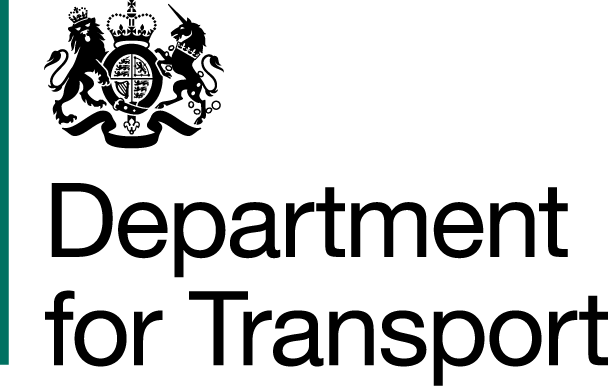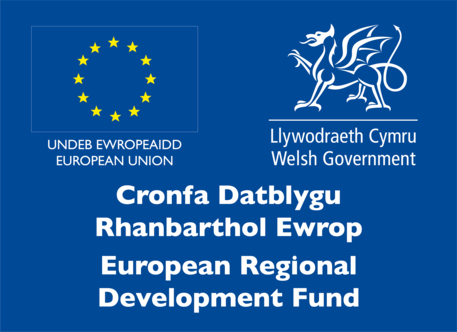Decisions for Wales National Travel Survey: Following analysis of Pilot 1
Decisions for Wales National Travel Survey: Following analysis of Pilot 1
Summary:
|
Dimension |
NatCen Recommendation | TfW/WG decision |
|---|---|---|
|
Recall period |
Retain a two-day recall period and reduce the level of detail collected | Accepted |
|
Diary design |
Interleaved diary | Accepted |
|
Diary placement |
Late (after the questionnaire) | Accepted |
|
Within-household selection |
“Up to two adults” approach | Accepted |
|
Summary screens |
Develop and test summary screens to amend journey details | Rejected |
|
Map usability |
Implement approximate coding for vague locations, test privacy assurances, and automatically input know locations (i.e., home) | Accepted as a long-term development item |
1. Diary recall period
NatCen recommendation: Retain a two-day recall period and reduce the level of detail collected
TfW/Welsh Government decision: Accepted
Reasoning:
- Switching to a one-day travel diary would require a significant increase in the annual WNTS sample size, and therefore costs, to retain the same level of expected precision.
- The travel diary used in quantitative testing has been reviewed and simplified to reduce the data entry burden for respondents.
- Further enhancements to the travel diary are being developed to improve its functionality before mainstage launch.
2. Diary design and placement
NatCen recommendation: Interleaved diary design positioned late (after the questionnaire)
TfW/Welsh Government decision: Accepted
Reasoning:
- The respondent drop-out rate was lower for a late position of the diary.
- A late diary is more appropriate in a face-to-face setting due to in-field processes, such as tethering to an internet connection and the movement of the fieldworker’s laptop device between fieldworker and respondent.
- Interleaved and Roster diaries recorded a similar number of journeys when positioned late.
- The Interleaved diary is considered more conversational and less burdensome for respondents.
We will closely monitor the performance of the travel diary and consider ways to further reduce respondent burden. This will be used to inform any future travel diary development.
3. Within-household respondent selection
NatCen recommendation: “Up-to-two adults” approach
TfW/Welsh Government decision: Accepted
Reasoning:
- Compared against Census 2021 data, the fully random selection approach tested did not produce a significantly more representative sample suggesting levels of non-compliance.
- The “up-to-two adults” approach resulted in a larger productive sample size.
- The “up-to-two adults” approach is simpler and delivers better value for money.
The demographic profile of respondents will be monitored over time to test if these findings continue to hold. We will review the within-household selection criteria over time.
4. Summary screens
NatCen recommendation: Develop and test editable summary screens to amend journey details
TfW/Welsh Government decision: Rejected
Reasoning:
- The number of reported errors were minor, with the majority occurring in Rostered travel diaries. The amount of development work to introduce summary screens outweighs the potential benefits.
- Error correction is simpler for the Interleaved diary mode due to the order of questions. Summary screens therefore further add to the respondent burden.
- There has been further refinement of the questions in the travel diary, targeting the source of respondent error.
This item will remain under review, and we will revisit this decision over time.
5. Map usability
NatCen recommendation: Implement approximate coding for vague locations, test privacy assurances, and automatically input known locations (i.e., home)
TfW/Welsh Government decision: Accepted as a long-term development item
Reasoning:
- Improving the coding for vague locations, and inputting known locations (i.e., home) will improve the accuracy of the data obtained.
- Developing map usability will be an iterative process, alongside the coding of any telephone interviews and offline travel diary completions.



